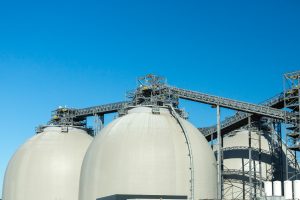“The publication of the NIC’s report further demonstrates the significant role engineered greenhouse gas removal technologies like bioenergy with carbon capture and storage (BECCS) and direct air capture and storage will play in enabling the UK reach its net zero target. However, urgent action is required within the next decade to support their roll out if the government is to meet its climate obligations.
“Deploying BECCS at Drax will not only save the UK billions of pounds over the next decade; as the government’s own analysis shows, it will be vital if the UK is to meet the targets set out in the fifth and sixth carbon budgets.
“It will also see the creation of a major new infrastructure sector in the UK which could rival the size of the UK’s water sector, creating, and protecting tens of thousands of jobs across the north, levelling up the UK and positioning us as a global leader in negative emissions technologies.”
Editor’s Notes
- The NIC report is recommending that the government commits to deploying engineered removals at scale by 2030 and publish a plan to do so by no later than the end of 2022.
- By 2030 engineered removals should be delivering between 5MtCO2 and 10MtCO2 of negative emissions per year.
- By 2030 the engineered removals sector could be receiving revenues of approx. £2bn per year rising to £10s of bn by 2050.
- The first BECCS unit at Drax could be operational by 2027 with the second by 2030.
- The two units could capture up to 8Mt of CO2 per year. 80% of the amount the NIC states will be needed by 2030.
- BECCS is the lowest cost engineered method to permanently capture and store carbon for hundreds of years.
- BECCS at Drax will save the UK more than £13bn to meet the 5th Carbon Budget according to research from leading energy consultancy Baringa.











